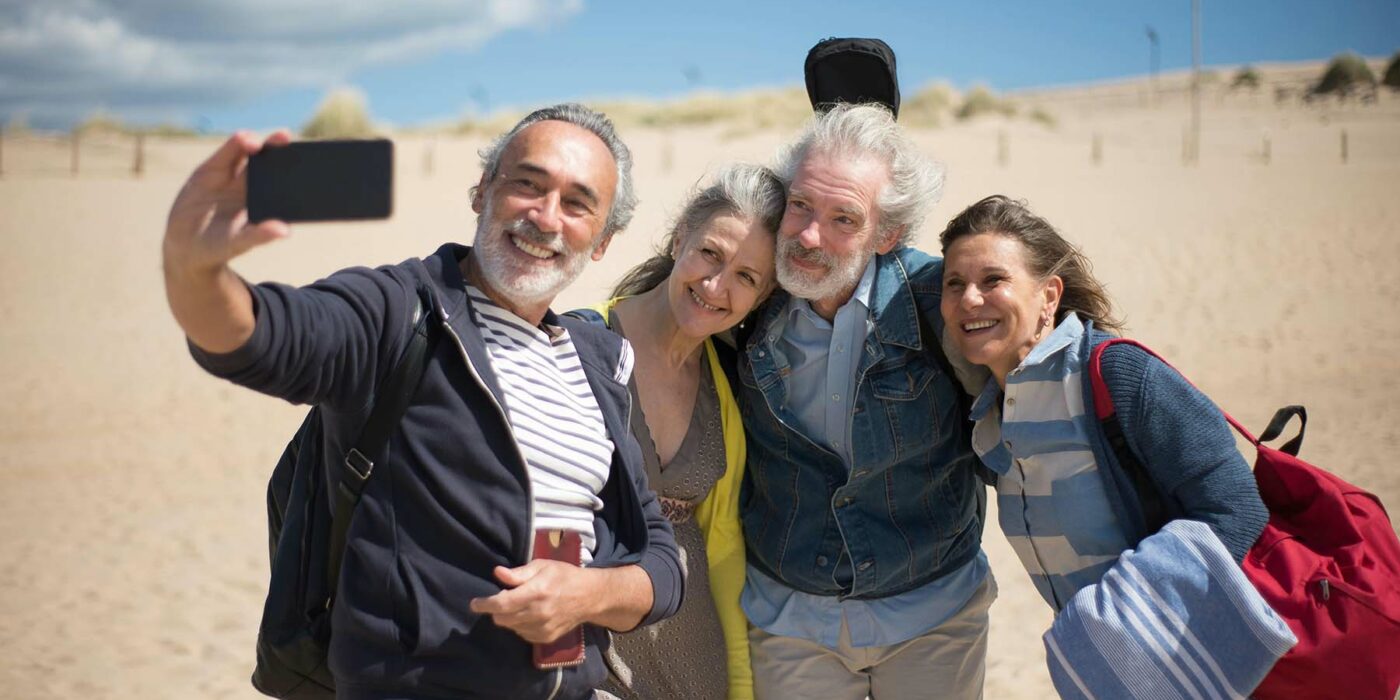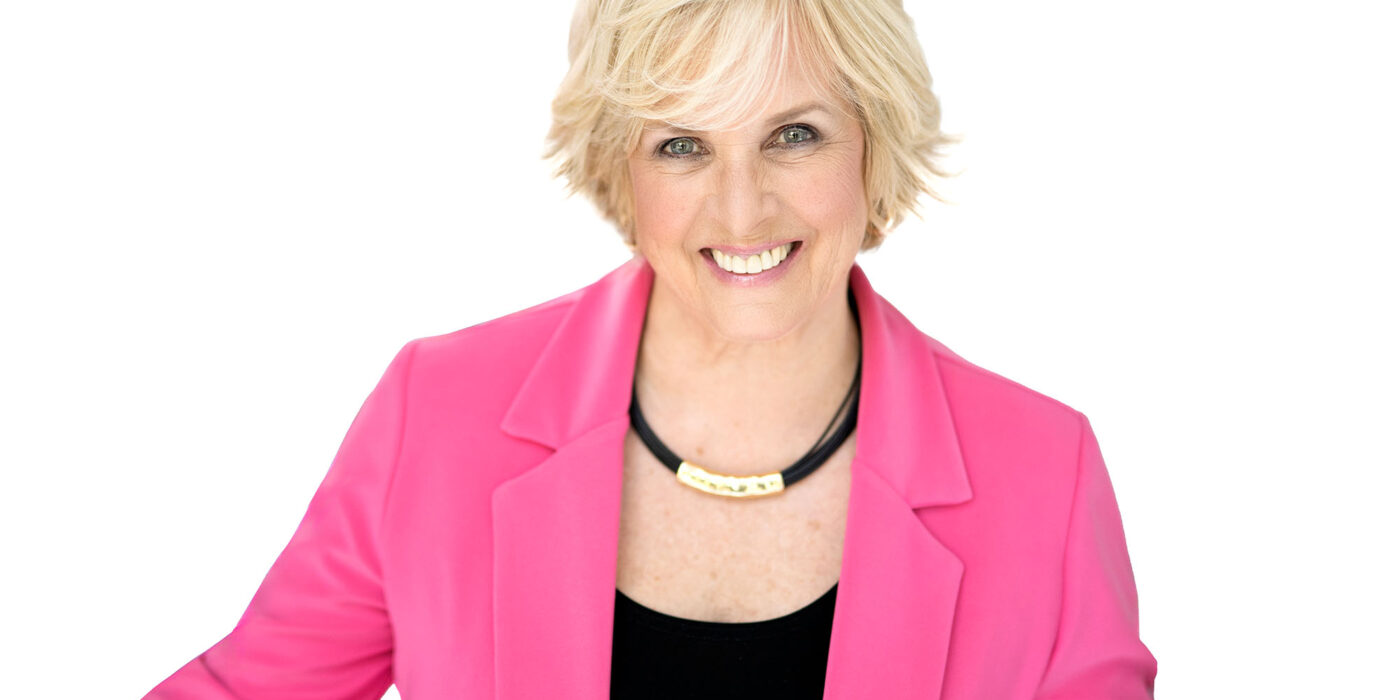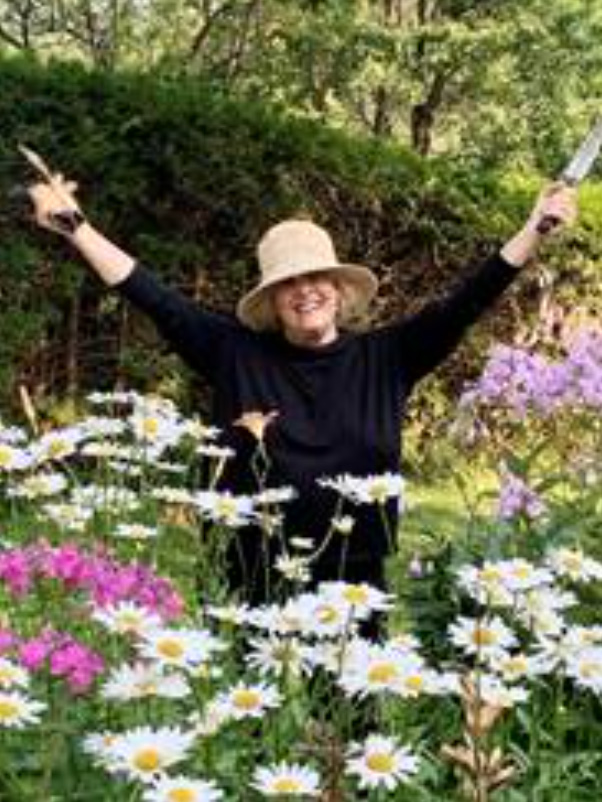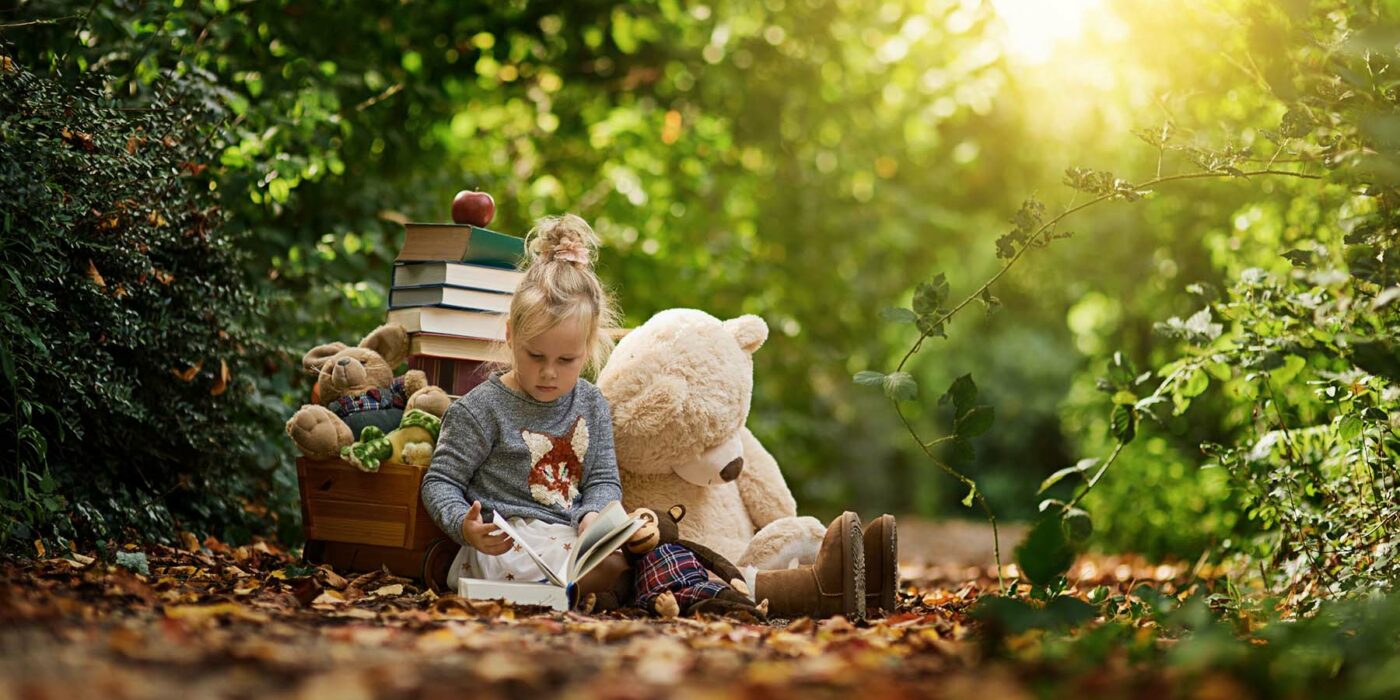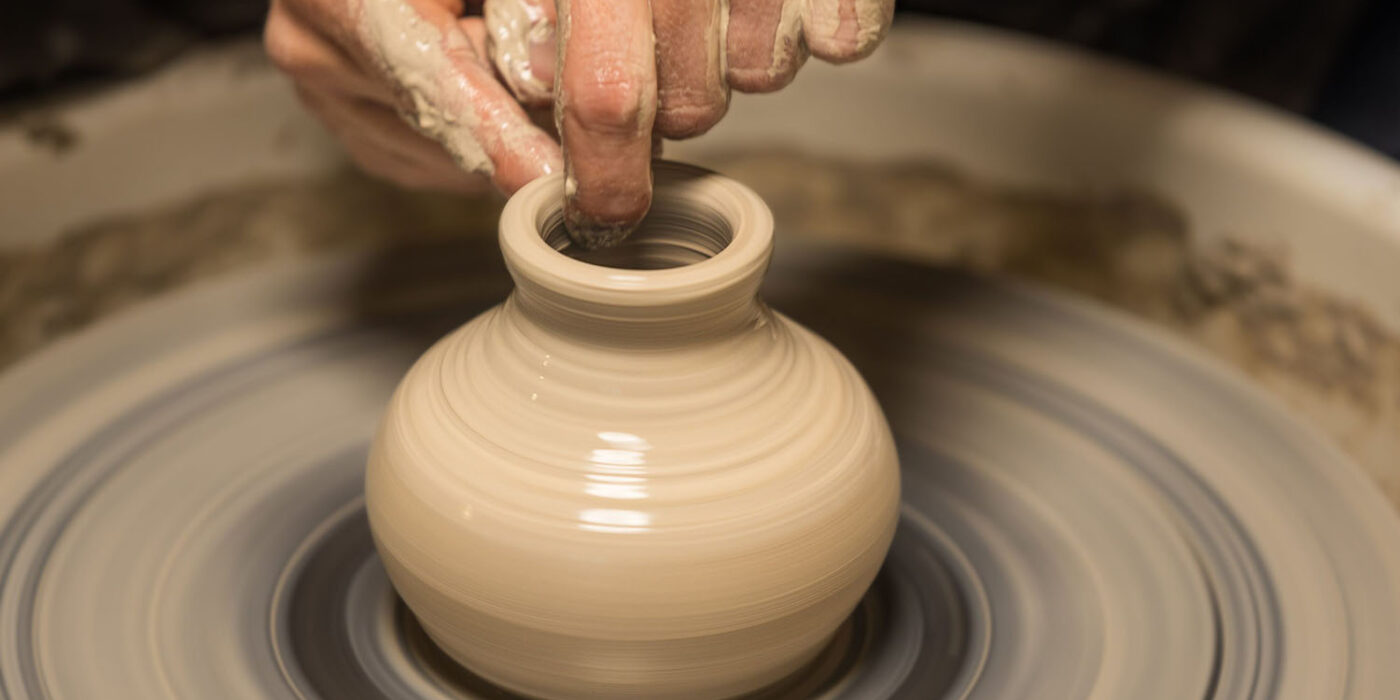What do you think of when you think of February, aside from it being bone chilling cold here in the frozen north? It’s love, right? February 14th, Valentine’s Day, takes over and we’re bombarded with messages about love. We exchange greeting cards, chocolates, flowers and we have a newish twist known as Galentine’s Day on February 13th, to celebrate gal pals. But what about every other day of the year, shouldn’t we champion quality friendships then too? I had a feeling you’d agree, so let’s explore how we can enhance our lives at any stage through friendship.
“Valentine’s Day is just another day to truly love like there is no tomorrow.” – Storyteller, Roy A. Ngansop
I think it’s wonderful to celebrate companionship, whether it’s romantic or platonic. You see it’s our connectivity as human beings that contributes to not only our longevity but the quality of our lives. Single or otherwise, we all need to feel connected and when we don’t, the result is, we feel lonely. While I think it’s important to recognize that we all feel lonely from time to time, it’s not a place I want to suggest we set up camp. The tricky bit is that we’re a little (or a lot) uncomfortable with the idea of having boundaries in friendships, editing friendships that may not align with us at this stage and we’re uncomfortable when it comes to making new friends. This is especially true as we age but I have great news. It doesn’t have to be awkward and here’s more great news, there are friends you haven’t met yet who will add value to your life.
“Love is a great beautifier.” – Louisa May Alcott
Some of us are more challenged than others when it comes to exercising our social muscles but being connected through friendship empowers us, makes us feel seen, heard, valued, appreciated and it helps others feel the same. When we’re young, friendship can be challenging and many of us tolerate a lot but once we know what we need in a friend, it’s easier to find what works for us. Also, as we get older, we don’t require the same things we did when we were young. We’re hopefully a little wiser and have learned from our life experience. We’re not looking for someone to hit the clubs with, unless they’re golf clubs of course. LOL. Whether it’s golf or another sport, play is a great way to make new friends. Do you play cards, board games or enjoy bowling, going to the movies or doing puzzles? You’re not alone and that’s a great way to enjoy time with other folks who like the same thing. The trick here is to ask people about their interests to discover if their pursuits align with yours. Again, good exercise for our social muscles.
“The most I can do for my friend, is simply to be his friend.” -Naturalist, Henry David Thoreau
Clubs and groups devoted to a specific area of interest are perfect for making connections with like-minded people. Whether on-line or in person, bonding with others this way is uplifting. I run a Facebook group called The Secret Kindness Club where we exchange kindness. Feel free to join us. There’s no agenda just the invitation to share kindness. People drop in regularly to either leave some kindness or pick some up if they need it. The on-line world has afforded many new opportunities to connect with people. It’s a fascinating domain where Facebook friends can sometimes become in-person friends. That’s how I met one of my besties.
I love the idea of a book club, a cookie club, a coffee club, a gardening club, a soup club or a lunch club, where everyone contributes something whether it’s opinions about a book, a yummy dish at a pot-luck lunch, a monthly soup delivery or a new recipe from a cookie buffet. Enhance the experience by inviting members of the group to share their stories and insights. You never know what you’ll learn about someone that might spark a friendship.
“Women’s friendships are like a renewable source of power.” – Actress, Jane Fonda
Exercise classes, art classes, yoga classes, taking high school, college or university courses all support the idea of being a life-long learner. If you see someone in the class you think you’d like to get to know, exercise your social muscles and ask them for coffee. It may or may not be a match as a friend, but you’ll never know if you don’t ask.
Volunteering is another brilliant way to connect with like-minded people. You’ll have something in common immediately and if you volunteer regularly, chances are you’ll see the same people, which could be an easy way to make a connection.
Compliment strangers on something they’re wearing, or on their smile, that’s another way to spark conversation. Chat with your neighbours, say yes more often to parties and gatherings and most of all, say yes to making new friends regardless of your age or circumstances. Remember this isn’t serious business, friends are meant to make our lives more fun. Something I like to remind myself of when it comes to friendship is to take the best and leave the rest. We’re not therapists, babysitters, event coordinators or detectives, we’re friends. We don’t have to solve, fix, organize or intervene unless we’re asked to and we’re willing to. Our friends should always make us feel like they’ve got our back. They’re our best cheerleaders, ready to lift us up when we need lifting and to celebrate with us when we’re winning.
Time can either strengthen a friendship or weaken the bond. I often think of something someone told me years ago, that friends were for a reason, a season or a lifetime and it’s up to us to figure out which is which. Let me leave you with the poem that passage comes from, so that you know when to step up, lighten up and when to let go.
Reason, Season, or Lifetime -Anonymous
People come into your life for a reason,
A season or a lifetime.
When you know which one it is, you will
Know what to do for that person.
When someone is in your life for a
REASON, it is usually to meet a
need you have expressed. They have come to
assist you through difficulty, to provide
you with guidance and support, to aid you
physically, emotionally, or spiritually.
They may seem like a godsend, and they are.
They are there for the reason you need them to
be. Then, without any wrongdoing on your
part or at an inconvenient time, this person
will say or do something to bring the
relationship to an end. Sometimes they die.
Sometimes they walk away. Sometimes they
act up and force you to take a stand. What
we must realize is that our need has been
met, our desire fulfilled, and their work is done.
The prayer you sent up has been answered
and now it is time to move on.
Some people come into your life for a
SEASON, because your turn has come to
share, grow or learn. They bring you an
experience of peace or make you laugh.
They may teach you something you have never
done. They usually give you an unbelievable
amount of joy. Believe it, it is real.
But only for a season.
LIFETIME relationships teach you lifetime lessons,
things you must build upon, in order to have a solid emotional
foundation. Your job is to accept the lesson, love the person and
put what you have learned to use in all other
relationships and areas of your life. It is said that love is
blind but friendship is clairvoyant.

